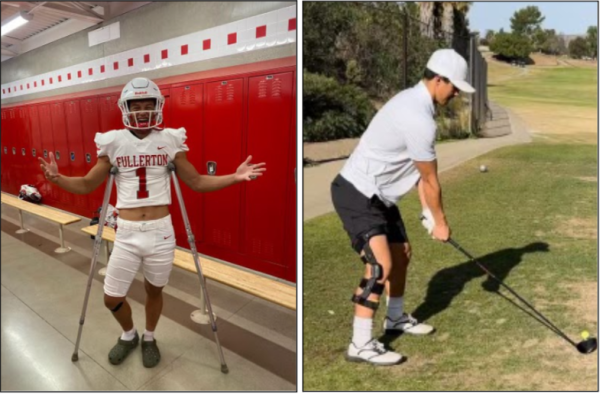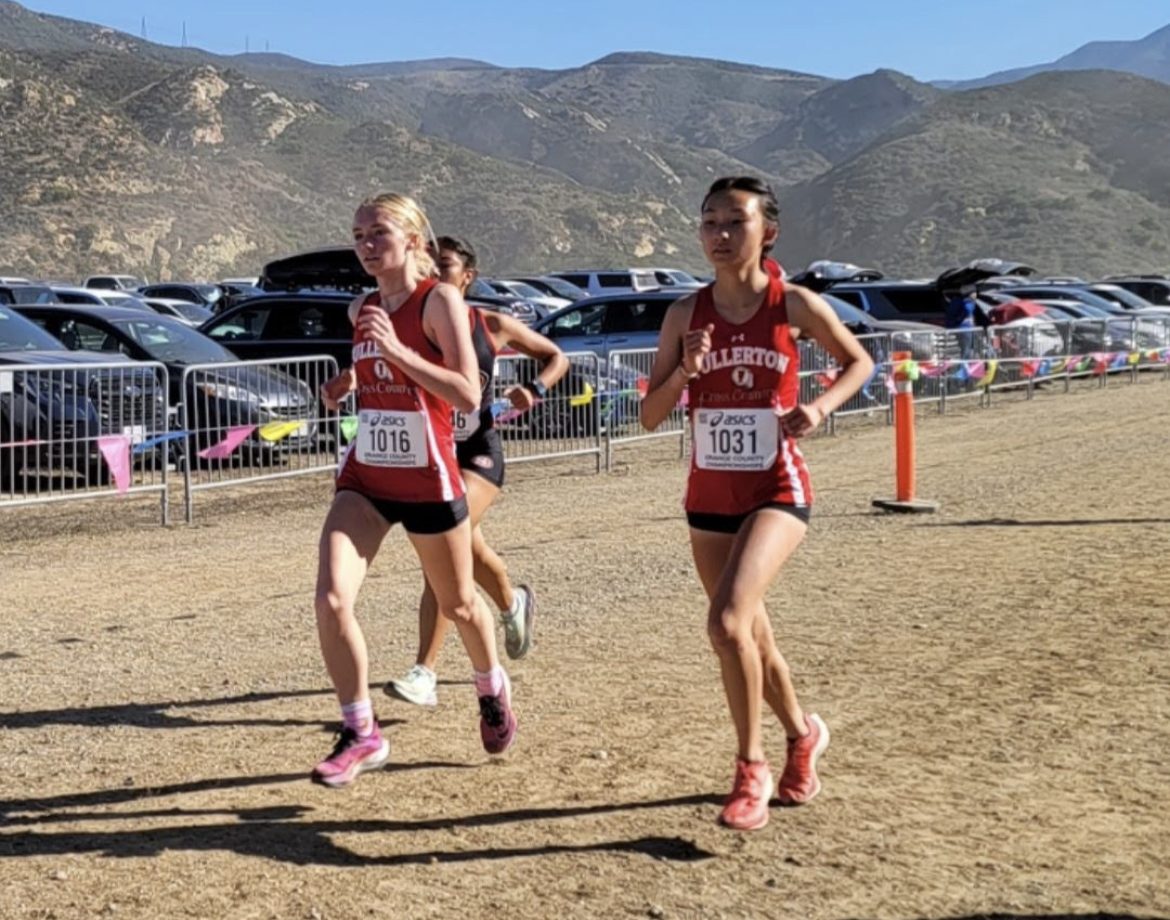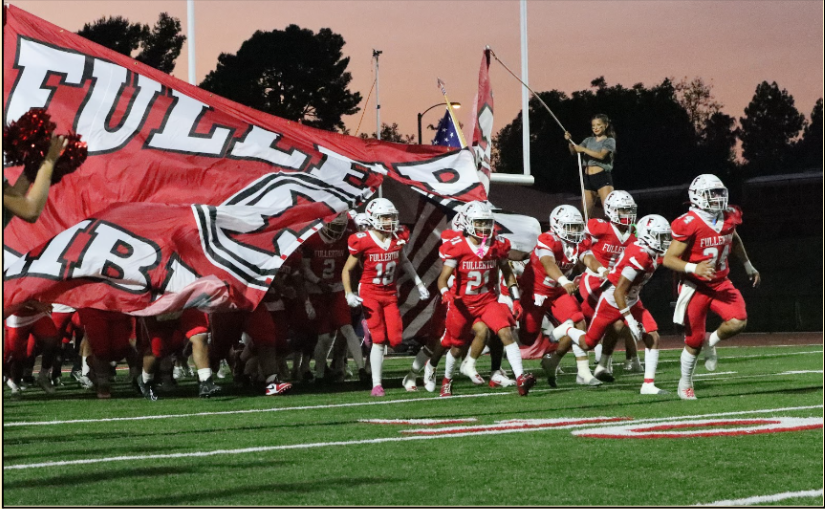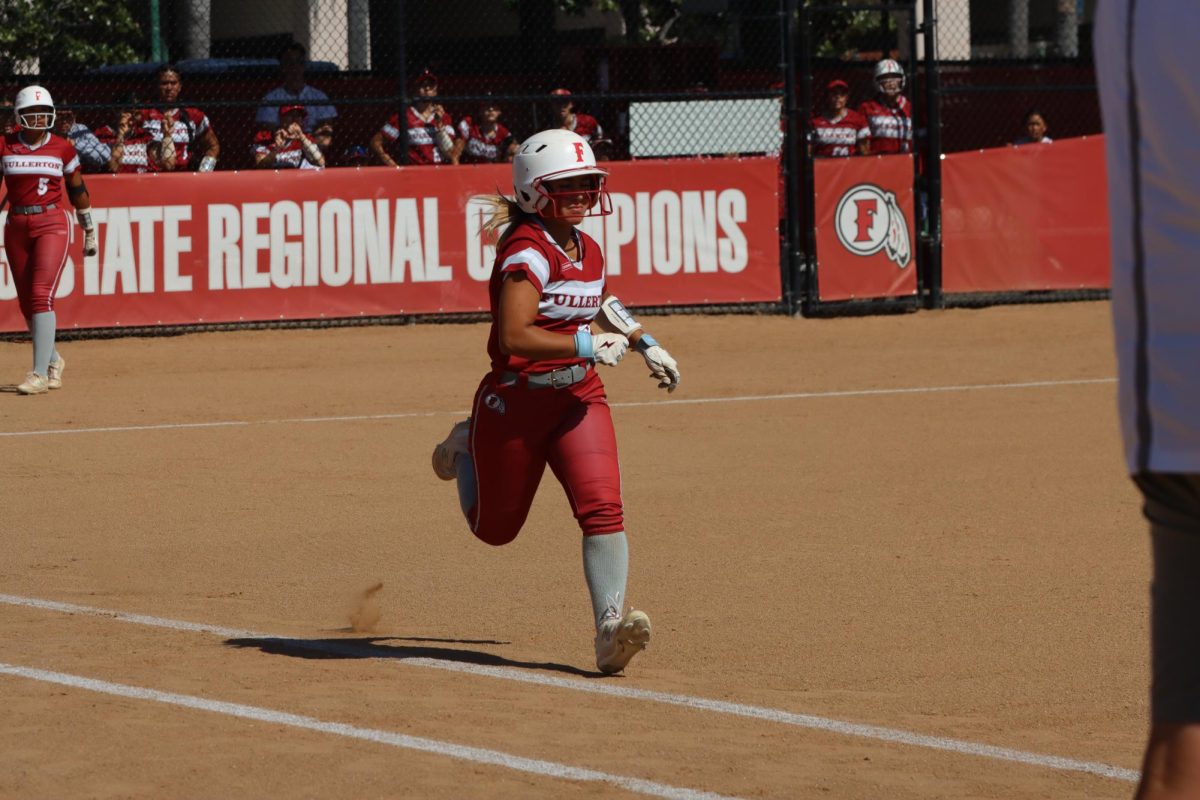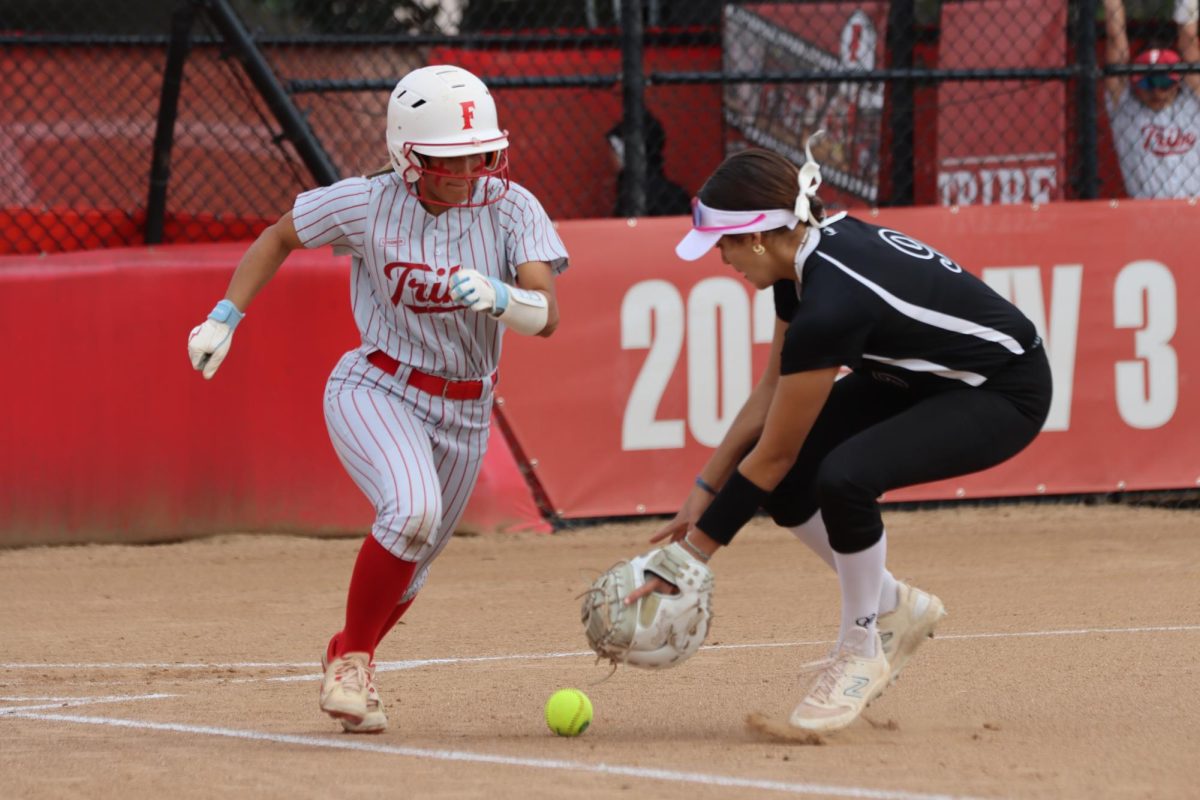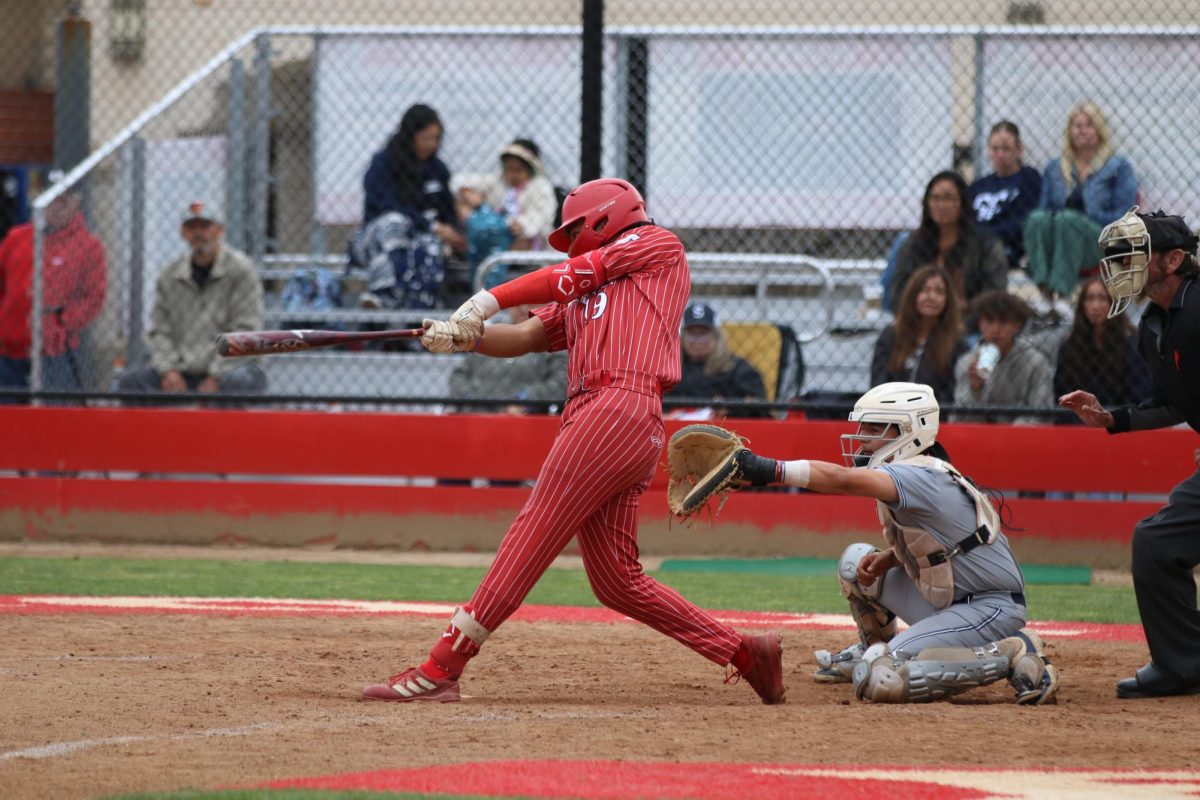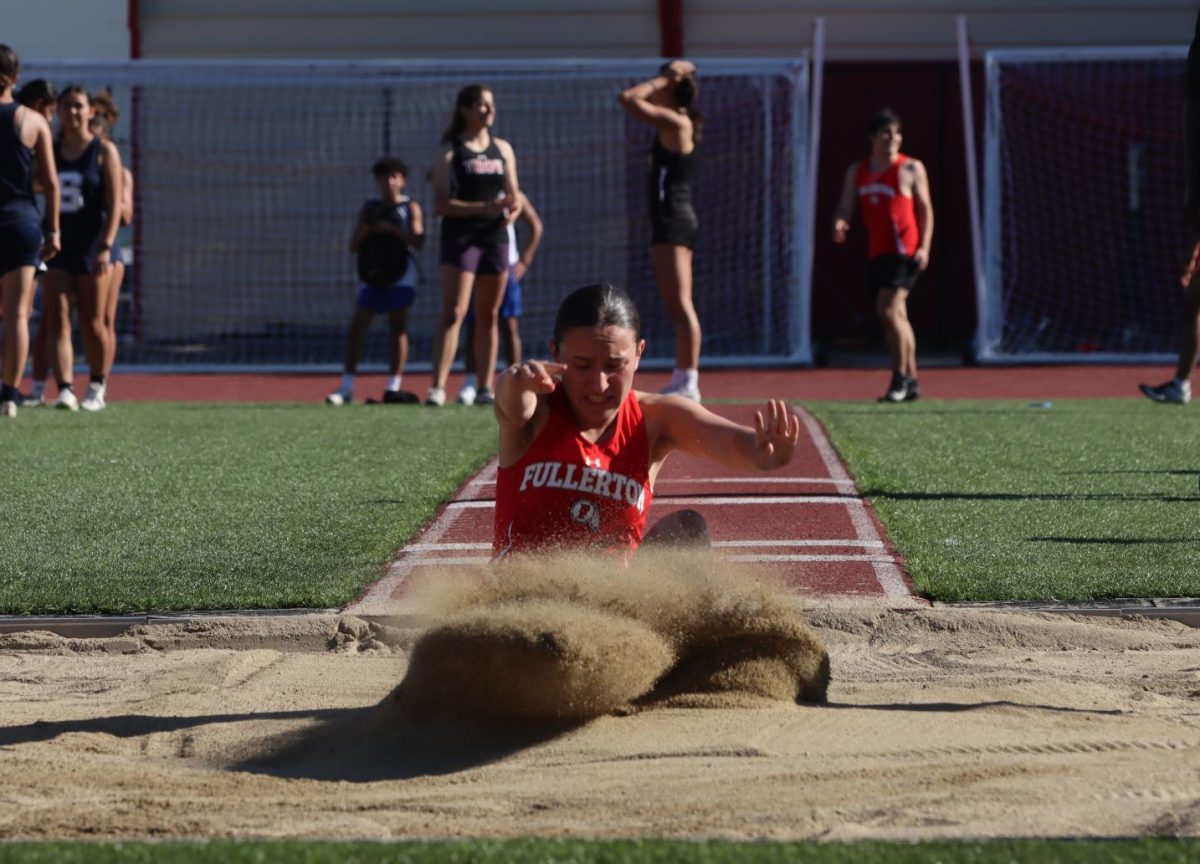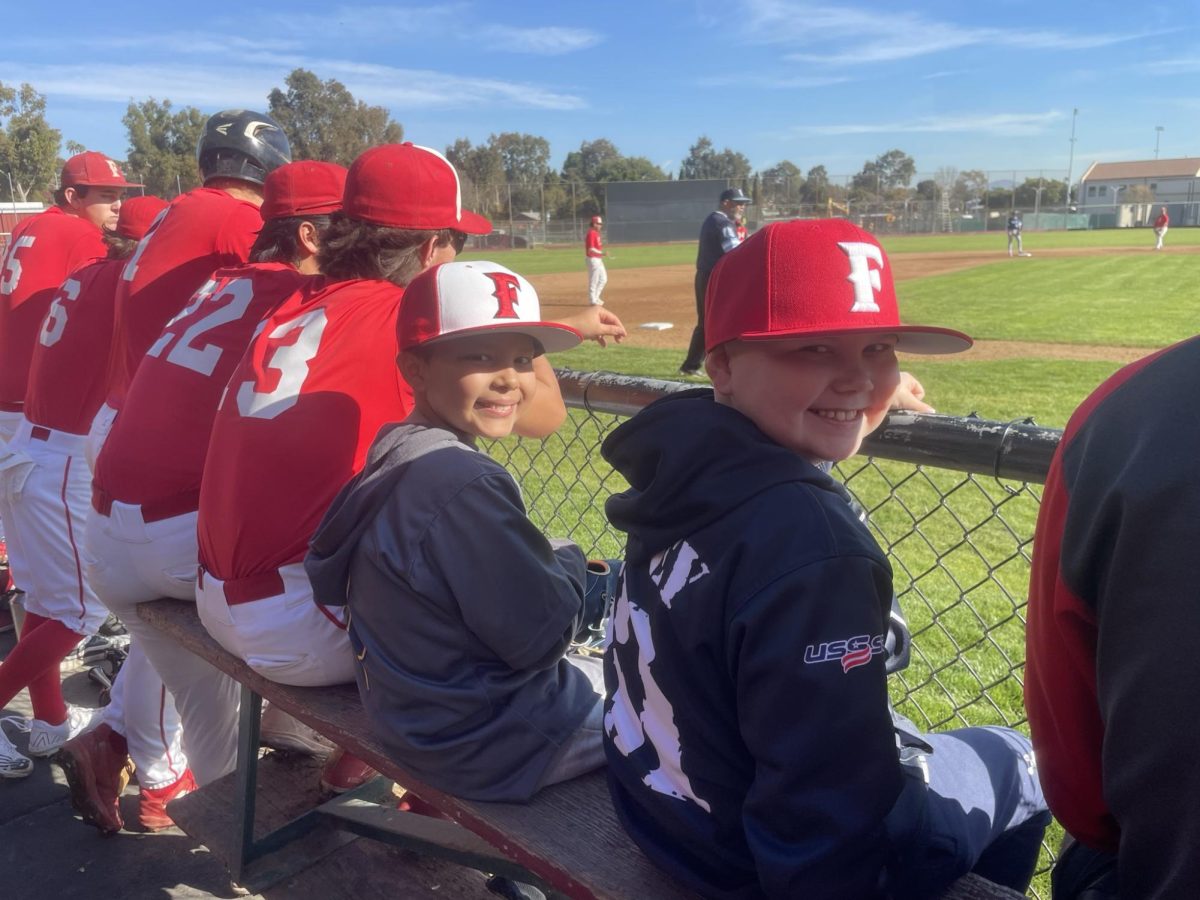After a long summer of endless practices and 40 to 50 miles of running every week, I had high hopes for my sophomore cross country season. I thought I would have a breakthrough season full of celebrations. This confidence did not last long. Right at the end of summer, knee and neck injuries hit me hard.
Dealing with the recovery feels like an eternity. I’ve had needles stuck in my head. I’ve spent hours in physical therapy offices doing endless clam shells when I could’ve been at home studying. I started to question it all: why was I turning into an old person with chronic problems? When does it end? When do I draw the line and just accept my injury reality? Is this happening to everyone? Am I training differently or just training wrong?
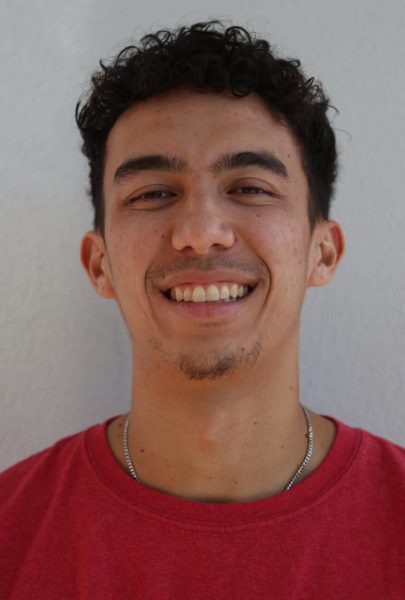
The difference between me and athletes who avoided injuries is in the variety of sports we play. It appears that those who play multiple sports that involve different parts of their body have a better chance of avoiding injury. But those who subject themselves to repetitive motion (pitching, running, swimming) tend to do more damage.
FUHS athletic trainer Jacob Verket said there are many benefits to cross training and participating in multiple sports throughout the year.
“There’s been a lot of research done that multi-sport athletes don’t get hurt as much as single-sport athletes,” Verket said. “Being able to use different muscle groups for different sports is what helps you be more well rounded and lowers injury rate, too.”
However, with joining new sports comes risk as well.
“If you’re not completely ready for a certain sport and you just go into it and start doing all the different movements that that sport requires, then you’re more susceptible to those injuries,” Verket said.
Freshman Flora Nishigawara has done gymnastics since she was 7 and joined the Fullerton cheer team as a back spot this year. Throughout her sports career, she has dealt with seven concussions.
One of these concussions managed to take her out of any physical activity for nine months. If she happens to get an eighth, it could take her out for 12 months and cheer completely. Not only have these concussions made her live cautiously, but it also impacted her memorization skills.
That’s the scary thing about injury, you never know how serious they can be. One minute you could be fine, and the next your life changed forever.
Senior Reagan Glidewell has struggled with injuries since her sophomore year. She said the cycle of injuries started after she stopped swimming–which she has done since second grade– and started only running cross country and track. The constant motion of running was a huge shock on her body, especially compared to the low-impact sport of swimming. Glidewell suffered a foot fracture sophomore year and a fractured rib junior year. She has many joint issues, too.
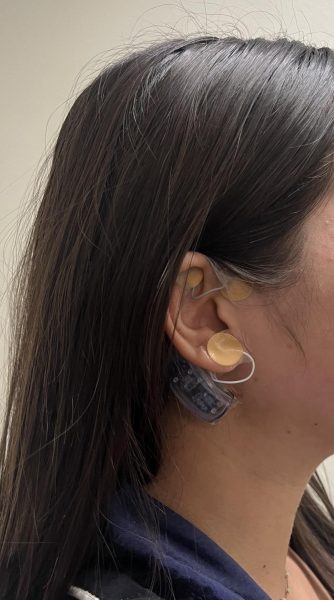
“Swimming stresses your shoulders and legs but it’s only the stress of the repetition on the water. For running it’s repetition, but you’re slamming your foot into the ground,” Glidewell said. “I found out that it was the repetitive motion of slamming my foot on the ground that caused me to end up fracturing my foot.”
Like Reagan, my body was overwhelmed by the constant pounding of the pavement. However, I came into this sport without an athletic background. Last season as I was just getting into running, I was able to finish unscathed. However, with ramping up my training this summer, I was not so lucky.
Without cross training, my body broke down. Not only was I feeling horrible physically but I struggled mentally. As my injuries continued through the season and classes picked up speed, I was unsure how to deal with all of it.
On top of that, neck problems have caused me to be in a constant state of nausea and discomfort, a sharp pain shooting up the back of my neck. I have gotten better at managing my time, but I don’t want injury to become a normalized part of my life. While I wish I could just nap when I get home from school, recovery can’t happen without action.
Glidewell said that a proper cross training plan has helped her prevent injuries and become a stronger athlete.
“When I fractured my foot I was strictly swimming. I wasn’t able to run, but I was still able to swim, keep up my cardio, and stay strong. But cross training is just the start. The right diet, sleep, all of that factors into your recovery too,” Glidewell said. “When you work out, your muscles tear slightly. From experience, if you don’t stretch properly, you don’t eat properly meaning you aren’t getting protein that is going to replenish those slight tears or not maintaining caloric intake, and you don’t sleep which is when your body takes the time to recover, you are going to be way more susceptible to injuries.”
It takes time but with a long life ahead, it’s better to start the recovery process as soon as possible. Enjoy the process. Find joy in taking care of your body. Small lifestyle changes like diet and sleep can go a long way.
Yes, injuries make sports feel unbearable sometimes, but I feel the light at the end of the tunnel get closer after every physical therapy session. If you’re dealing with injury, with a little bit of effort, your light can come too.
